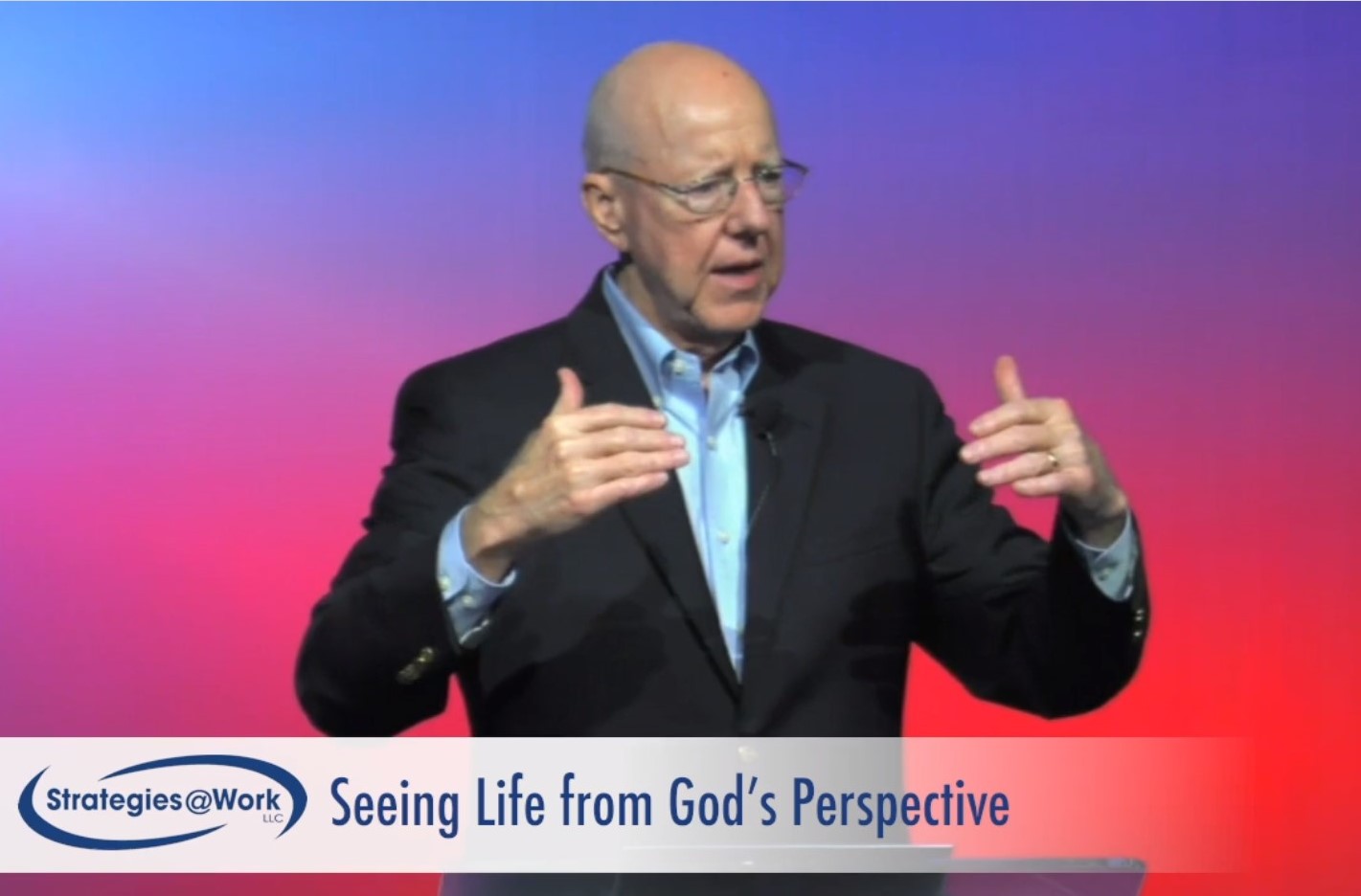 |
||||||
February 1, 2020 |
||||||
Gleanings |
||||||
The World Against the USA |
||||||
by Gerald R. Chester, Ph.D. |
||||||
| In December 2019, the biennial President’s Cup Golf Championship was held at Royal Melbourne Golf Club in Australia. This event matched twelve of the best golfers from the United States against twelve of the best golfers from the rest of the world. One country against the rest of the world—less than 5 percent of the world’s population against 95 percent? Why would this be? Perhaps the answer is the United States’ heritage. The United States is a melting pot of the world, consisting of people from virtually all ethnicities. And each ethnicity tends to embrace a particular worldview. For example, historically Europe was Christian, the Middle East was Muslim, India was Hindu, Southeast Asia was Buddhist, and socialist countries (e.g., Russia and China) were atheistic. Since the United States was predominantly founded by western Europeans, Christianity was the dominant worldview. Because of this heritage, Christian values have been generally normative in the United States since its formation in the eighteenth century. Also, during the past three hundred years, the industrial revolution transformed the world with an unprecedented explosion of technology, producing advancement in the ease, comfort, and longevity of life. The global leaders of this revolution were those that embraced a strong work ethic. Christianity is the singular worldview that unequivocally commands that its adherents practice a strong work ethic. Consider the words of the apostle Paul, addressed to the slaves who were the workers of the first century.
The fear of the Lord was a common Old Testament term to describe a true follower of God. This intimates that true followers of God should work as if God is their boss, and he ultimately is. This means that work is a form of worship. Work should, therefore, be performed with gratitude, diligence, and excellence, knowing that the work will be inspected by the Lord. Those who work with this ethic will produce excellent products and services, and, therefore, enjoy economic prosperity as a by-product. This work ethic is one of the values of Christianity as noted even by non-Christian scholars such as Max Weber.2 Clearly, the United States has embraced a strong work ethic, among many other Christian values that historically reside at the core of the culture. These Christian values enabled the United States to be a (if not the) global leader in the industrial revolution. By the end of World War II, the United States had become the most powerful and prosperous nation on earth largely because of its prowess to develop and employ technology. The world wars of the twentieth century provided the context and motivation to unleash this potential, and Christianity provided the value system. Others have observed the importance of Christian values to facilitate both the economic and political power of the United States. In the 1980s, China wanted to understand why the United States was the most powerful and prosperous nation on earth. Here is a quote from the Chinese regarding their findings.
China had no vested interest in drawing this conclusion; their study was an objective third-party assessment of the facts. The Chinese were clear that the United States is the most powerful and prosperous nation on earth because of its Christian heritage. Notwithstanding, the clear conclusion of the Chinese, the citizens of the United States appear to be clueless about this reality. The pedestrian view of the citizens of the United States reveals ignorance of the connection between their Christian heritage and their prosperity. Christianity was birthed approximately two thousand years ago on the day of pentecost after the resurrection and ascension of Jesus.4 The existence and prosperity of the United States is tied to this event. The early immigrants came to the United States because of religious persecution. They established this country, seeking to live the Christian faith as they understood it. Now, four centuries after the first colonies, the fruit is evident. The United States stands alone as the most powerful and prosperous nation on earth because of its Christian heritage. The Chinese understand this but the citizens of the United States do not. And because of this ignorance, the United States is no longer advancing, it is regressing, seeking to disconnect from Christian norms—the very norms that made it so successful. Sadly, this regression is being framed under the pseudonym progressive. During the past two hundred years, education, economics, science, law, public policy, and social norms have been progressively decoupled from Christianity. This decay is leading to political, societal, and economic poverty. It is regressive not progressive. If the United States continues on this track, it will become a third world nation. The President’s Cup golf event is a symbol of the historical prowess of the United States as a world leader economically and politically because of its Christian heritage. But the United States is abdicating its leadership role by disconnecting from Christianity. Increasingly, events like the President’s Cup will be testimonies to the past not to the present or the future. Soon, in events like the President’s Cup, it will no longer be the world against the United States because the United States will be no different from the world. The only way to stop this decline is to repent and return to the principles and values of Christianity—the Christianity the original apostles of Jesus taught and expressed in their practices. These practices included being devoted to the apostles’ doctrine, fellowship, breaking of bread, and prayer.5 A return to a Christian culture would enable the United States to stop regressing and to begin progressing again. If the United States returned to its Christian heritage, the broken culture could be repaired and a foundation for prosperity would be laid that will be a light to the world, revealing the truth of Jesus. To this end Christians are called. May the people of the United States have the grace to repent and to return to a Christian heritage. _______________________________________ |
||||||
| Quick links | ||||||
Teaching: The First Day of the NT Church |
||||||
| Upcoming Training | ||||||
| Financial Management II: Key Principles (Pt 1 of 2) | ||||||
| Recent Trainings | ||||||
| Social Media | ||||||
| Gleanings | ||||||
| Other | ||||||
|
||||||







.png)